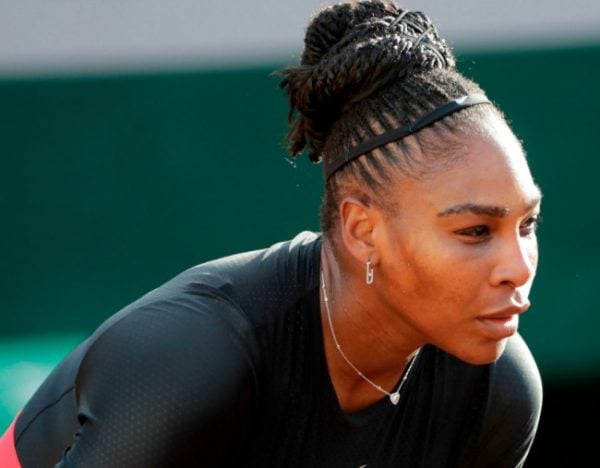
Smith, Jones and Brown. Nguyen, Wang and Singh. What’s it like to have one of the most common surnames in Australia? Well, don’t ask me, because I don’t have a clue.
But what I do find interesting is finding out why some of Australia’s most common surnames are so very common. Here goes.
Smith
This the most common surname not only in Australia but also in the UK, US and New Zealand. Pretty obviously, it’s an occupational surname, as in a blacksmith. It’s related to the word “smite”, which is what smiths did a lot. Over the centuries, many people who weren’t actually descendants of blacksmiths – including Native Americans and Romany gypsies in the UK – took on the surname, if they were looking for something common and Anglo-sounding. This made the surname even more common. Other languages have their own versions of Smith, including Schmidt (German), Lefebvre (French) and Kowal/Kowalski (Polish).
Jones
This simply means “John’s son”, making it basically the same name as Johnson. Jones has long been the second most popular surname in Australia. It’s even more popular in Wales, where close to 20 per cent of people carry it (due to Welsh people in the Middle Ages being forced to adopt English naming conventions). At one point in 2008, the Welsh rugby team had seven out of 15 players called Jones. In 2006, 1224 Joneses got together in Cardiff to set a world record (beaten the following year by a gathering of Gallaghers).
Brown
Yep, this just means plain old “brown”, as in a person with brown hair, brown skin or brown clothes. Not too different from the surnames Black, White and Read/Reid (red). (But different from Green. That was a surname given to someone living near the village green, not someone with green hair.) Brown has always been among the top few surnames in Australia and other English-speaking countries populated largely by brunettes.
Williams
Like Wilson, this just means, pretty obviously, “son or descendant of William”. William was the most popular first name in England in the Middle Ages, with close to 15 per cent of men being called William, which explains why both Williams and Wilson make the top 10 surnames in Australia. Other surnames that show your great-great-etc-grandfather was a William: Willmot, Wilcox, Fitzwilliam and Gillam (but not Willey, which is a place name usually meaning “willow wood”).


Top Comments
Wang means “king”.
Er, amongst other things.